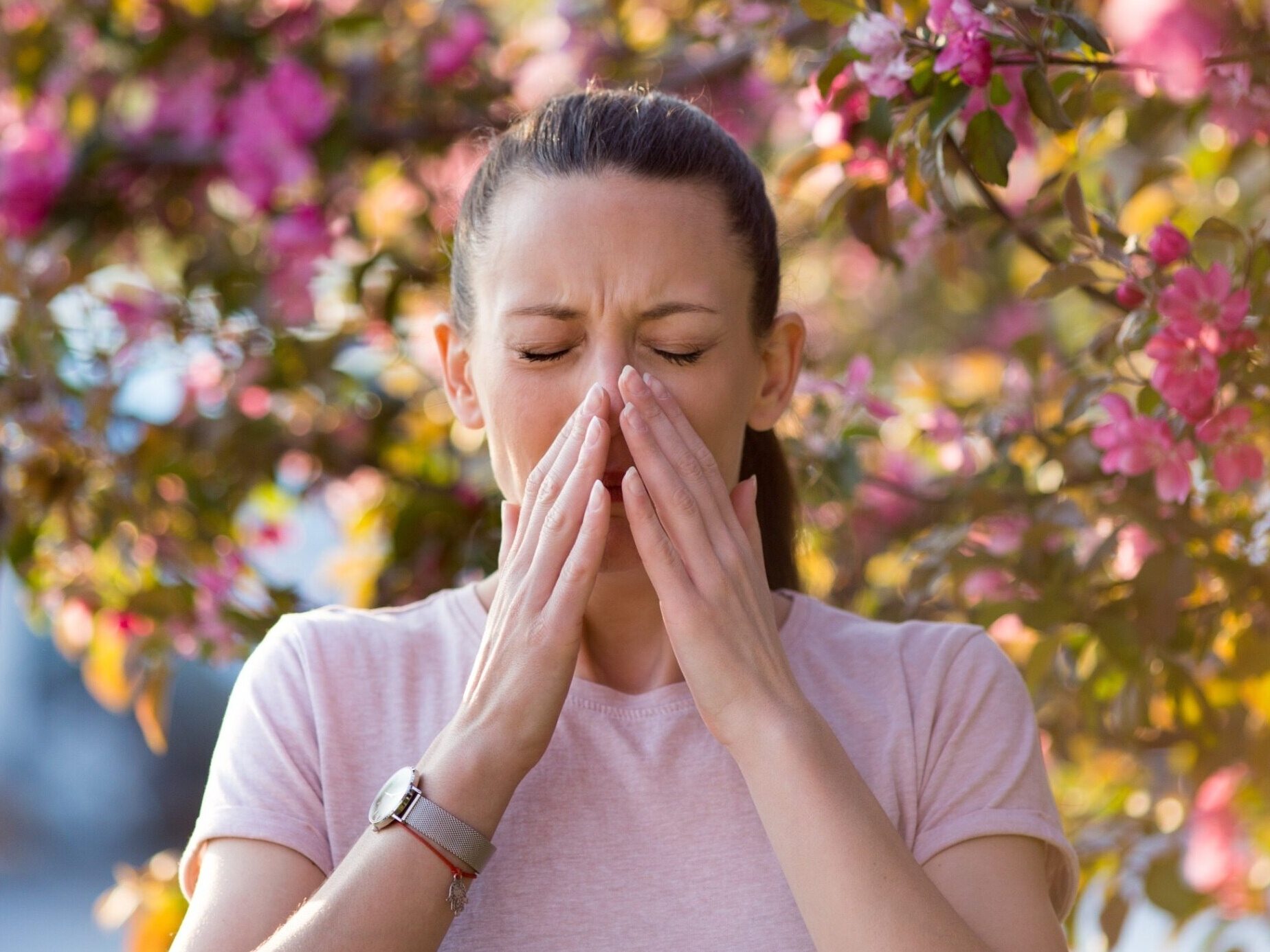March is a difficult time for allergy sufferers. Check what you need to watch out for

In Poland, over 12 million people suffer from allergies. March is quite a difficult time for many of them. This is when many popular plants begin to shed pollen. See what may cause allergic reactions.
The beginning of spring is still ahead of us, but this does not mean that people with inhalant allergies can sleep peacefully. On the contrary, they should be especially vigilant. In March, more and more pollen appears, which can cause allergies and many unpleasant ailments.
What is dust in March?
In March, five plants begin the pollen season, and they may release allergens with different intensity. Alder and hazel they often make themselves felt from the first days of the month. In turn, the greatest activity yew falls in the second half of March. The same happens in the case of poplar and willow. The Chief Sanitary Inspector draws attention to the fact that the highest concentration of allergens in the air in urban areas is recorded in the evenings. The opposite situation occurs in rural areas. The worst time for allergy sufferers is the morning. The pollen season of the indicated plants usually lasts until the end of April, although much depends on weather conditions. Therefore, it is worth keeping up to date with pollen reports available in the region.
How does pollen allergy manifest itself?
Allergy symptoms are related to an abnormal reaction of the immune system in response to pollen released by plants. The most characteristic symptoms include:
-
tiring cough,
-
feeling of scratching in the throat,
-
recurrent runny nose,
-
conjunctival hyperemia,
-
headaches,
-
shortness of breath,
-
watery eyes,
-
tiredness
Antihistamines (anti-allergy medications) usually provide relief. They can be purchased without a prescription. However, if, despite using these measures, the symptoms do not subside or worsen, you should consult your primary care physician and ask for a referral to a specialist, in this case an allergist.
How to deal with allergies?
It is worth ventilating the apartment at the right time (when the pollen concentration in the air is lowest – in the morning or evening). Wearing sunglasses when outdoors, avoiding contact with animals, and changing clothing frequently may also help. The idea is to minimize the risk of contact with the allergen as much as possible.






